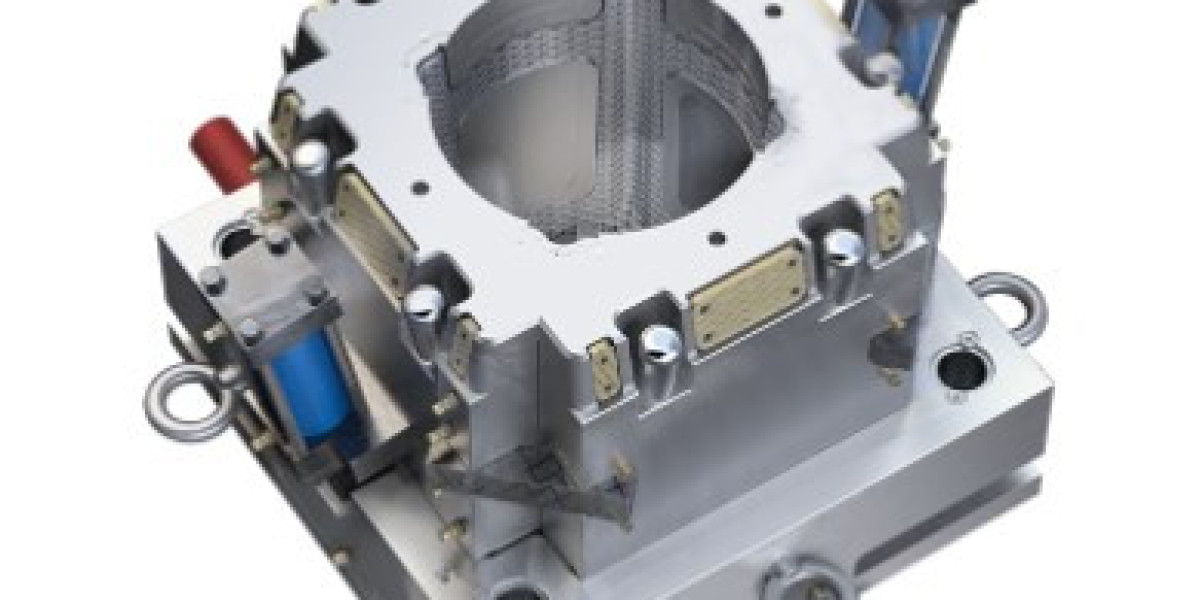In today's era of heightened environmental awareness, the furniture industry is undergoing a transformative shift towards sustainability. At the front of this movement is the Plastic Rattan Stool Mold, an innovative technology that not only seating solutions but also champions environmental protection. In this article, we explore how the Plastic Rattan Stool Mold contributes to sustainable practices and fosters a greener future.
Plastic rattan, the primary material used in conjunction with the Plastic Rattan Stool Mold, offers a compelling alternative to traditional rattan harvested from natural resources. By utilizing recycled plastics in the manufacturing process, this mold reduces reliance on virgin materials and mitigates the environmental impact of plastic waste. Recycled plastic rattan retains the aesthetic appeal and durability of its conventional counterpart while simultaneously diverting waste from landfills and oceans, thereby conserving natural resources and reducing carbon emissions.
Furthermore, the production process facilitated by the Plastic Rattan Stool Mold emphasizes efficiency and resource optimization. Unlike traditional manufacturing methods that generate significant waste and consume large amounts of energy and water, the mold's streamlined workflow reduces material wastage and energy consumption. Its precision engineering ensures that each rattan stool is crafted with an environmental footprint, aligning with principles of sustainable production and responsible resource management.
Moreover, the durability of rattan stools crafted using the Plastic Rattan Stool Mold contributes to long-term environmental benefits. Unlike disposable furniture that ends up in landfills after a short lifespan, these durable stools boast an extended product lifecycle, reducing the need for frequent replacements and reducing waste generation. Additionally, their resistance to environmental factors such as moisture, pests, and UV radiation ensures prolonged use, further enhancing their sustainability credentials.
The Plastic Rattan Stool Mold also fosters a circular economy by facilitating product recycling and reuse. At the end of their lifecycle, rattan stools crafted using this mold can be disassembled and recycled, with the plastic rattan material being reclaimed and repurposed into new products. This closed-loop approach reduces waste accumulation and promotes resource conservation, creating a sustainable cycle of production, consumption, and regeneration.
In addition to its environmental benefits, the Plastic Rattan Stool Mold promotes biodiversity conservation by reducing pressure on natural rattan ecosystems. Traditional rattan harvesting often entails deforestation and habitat destruction, threatening the survival of indigenous flora and fauna. By offering a viable alternative to natural rattan, the mold helps preserve biodiversity hotspots and sensitive ecosystems, safeguarding invaluable ecological resources for future generations.
Furthermore, the versatility of the Plastic Rattan Stool Mold enables designers to incorporate eco-friendly features and innovations into seating solutions. From utilizing biodegradable additives in plastic rattan formulations to integrating sustainable design principles such as modular construction and minimalistic aesthetics, the possibilities are endless. By prioritizing sustainability in design, manufacturers can create rattan stools that not only reduce environmental impact but also inspire conscious consumer choices and behaviors.
In conclusion, the Plastic Rattan Stool Mold epitomizes the intersection of innovation and environmental stewardship in the furniture industry. Its use of recycled materials, efficient production processes, and durable product outcomes align with principles of sustainability and contribute to a greener, more resilient future. As sustainability continues to gain prominence on the global agenda, the Plastic Rattan Stool Mold stands as a shining example of how technology can drive positive environmental change while delivering functional and aesthetically pleasing seating solutions.
